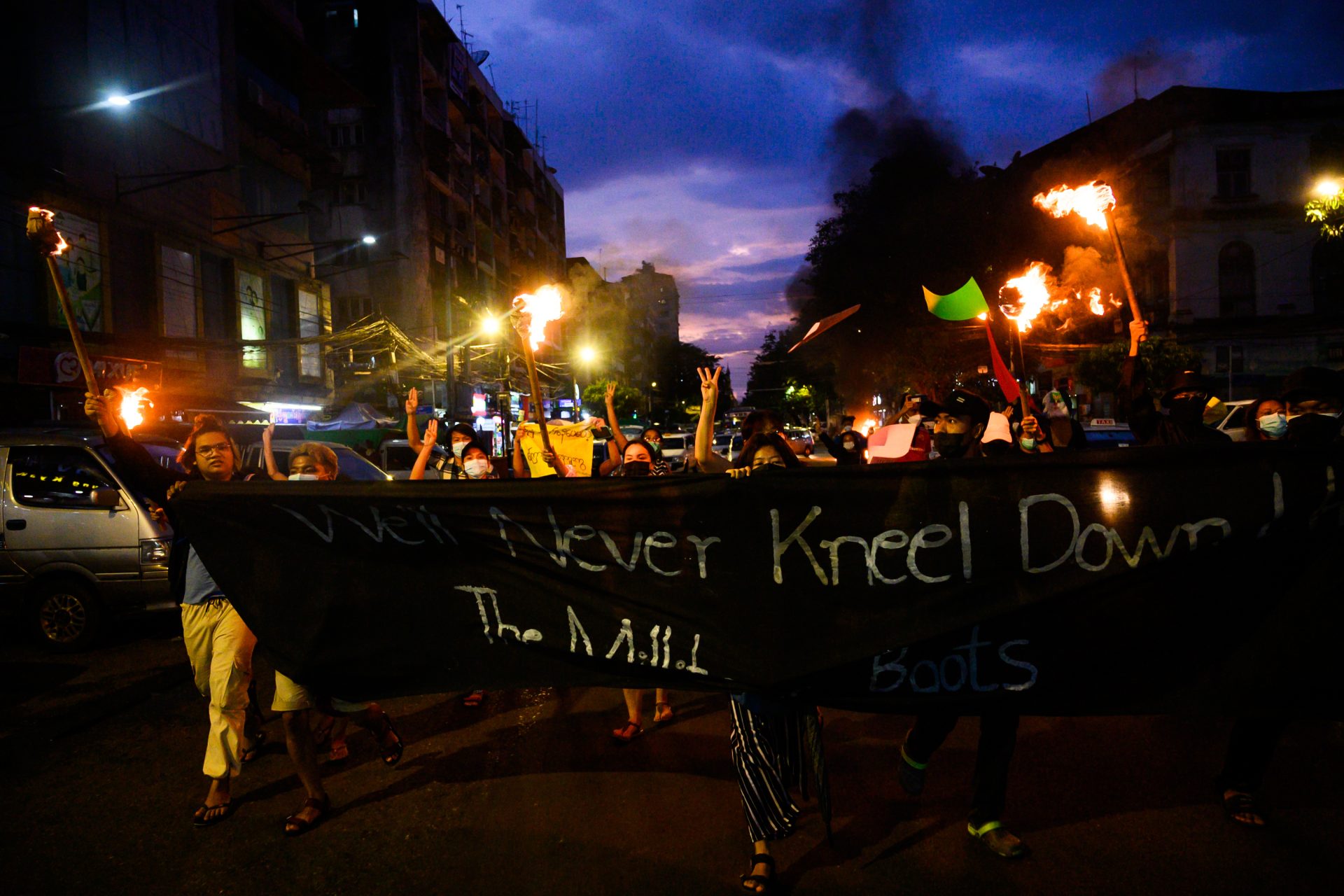An international inquiry has been launched to look into what the global community has done to respond to the crisis in Myanmar following the February 2021 military coup.
“The response to the devastating crisis unfolding in Myanmar is going nowhere fast,” said Heidi Hautala, vice president of the European Parliament, in a statement on June 15.
She said the investigation will bring together members of parliaments from Asia, Europe, Africa, and the Americas to probe the international response to the crisis and where it is failing.
Despite pledges to oppose the overthrow of the elected government of Myanmar and hold the country’s military to account, the inquiry noted that international actors have “failed to take the necessary steps to force the junta to negotiate a political solution, failed to address the mounting humanitarian needs, and failed to bring about the necessary diplomatic coordination to prevent Myanmar from becoming a failed state.”
“As parliamentarians, we know that governments and international institutions can, and must, do more to end the current impasse,” said Hautala.
She said the hearings that will be done by the international inquiry will shed light on where the response is falling short and provide information on the next steps that can be taken “to put effective pressure on the Myanmar junta.”
The International Parliamentary Inquiry into the International Response to the Coup in Myanmar, or IPI, which is headed by Hautala, is an initiative of the ASEAN Parliamentarians for Human Rights.
In a statement, the group said the investigation will follow the format of “tried-and-tested parliamentary inquiries conducted at a national level.”
In addition to requesting information from individual governments and international organizations, the IPI will accept both written and oral submissions of testimony and evidence from a variety of stakeholders.
“We are concerned that international institutions have not lived up to their own promises, and we are appalled that the situation in Myanmar is worsening the longer the international inertia continues,” said Charles Santiago, chairperson of APHR.
“We, as parliamentarians from all over the world united by a common purpose, will approach this inquiry unhindered by the type of geopolitical considerations that have resulted in the current deadlock,” he said.
In January, the UN High Commissioner on Human Rights Michelle Bachelet stated that the international response to the crisis in Myanmar had been “ineffectual and lacks a sense of urgency commensurate to the magnitude of the crisis.”







